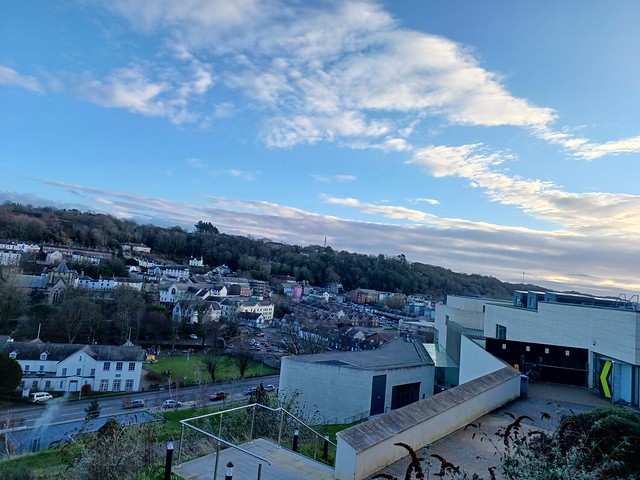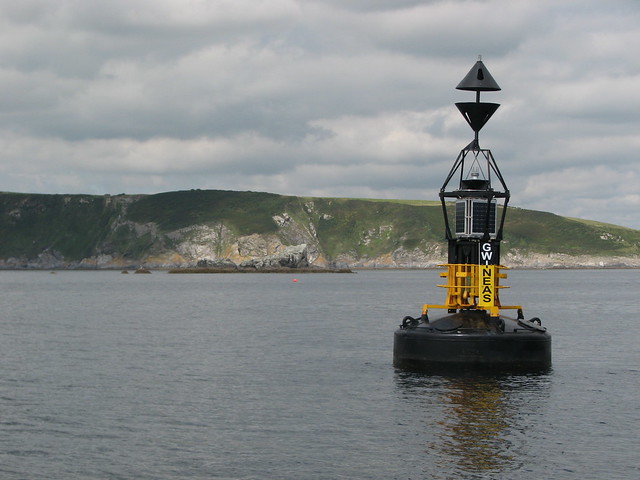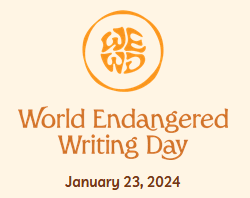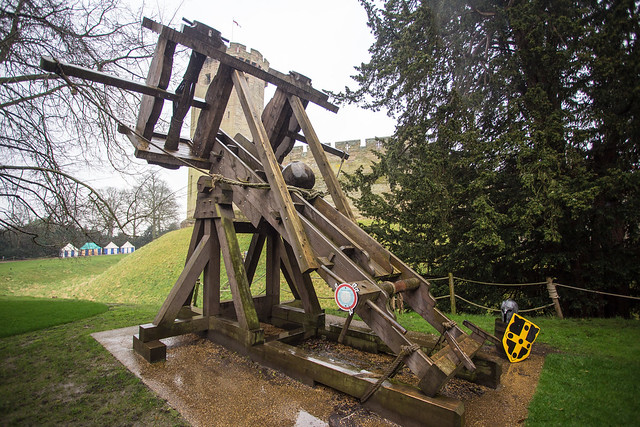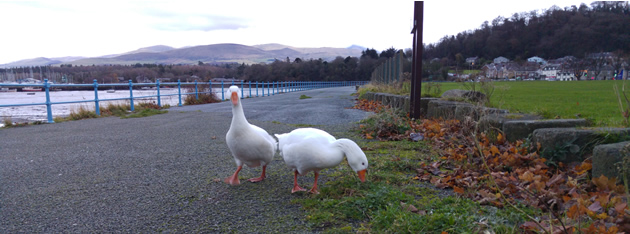I’ve noticed that in discussion about minority and endangered languages, there is often some degree of gatekeeping. That is to say, there are people who believe that there is one true version of a language, and that anything else is a corrupt abomination that doesn’t deserve to be called X language. Or something along those lines.
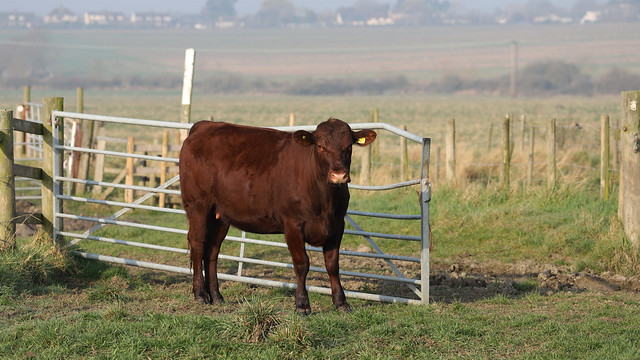
Acquiring a language as you grow up from your family or other people around you usually ensures that you speak it fluently and with a native accent. However, to become literate, and to be competent in using advanced vocabulary and grammar, you usually need to study the language in some kind of formal way. It also helps if you use it in a variety of situations. Such opportunities are not available to all.
People may use one language at home, and another at school, work or in other contexts. This is especially true with minority and endangered languages. So while they can speak the home language fluently, they may not have the vocabulary to talk about things that aren’t usually discussed at home.
For example, my Linguistics tutor at Bangor University grew up in a Welsh speaking family and speaks Welsh fluently. However, all his education was through English, and he does not use Welsh in his work. He told me that he speaks “Kitchen Welsh”, and just doesn’t have the vocabulary to talk about linguistics.
If you learn a language in school, or as an adult, it’s unlikely that you’ll learn it perfectly. You’ll probably speak it with a non-native accent, and you may not have as much vocabulary, or be able to use the grammar as well or as instinctively as a native speaker. This is one reason why languages change, especially when large numbers of people learn them as a second or foreign language.
People who really dedicate themselves to learning a language, can acquire native-like pronunciation, a comprehensive vocabulary and a high level knowledge and understanding of the grammar. They may even become more proficient in at least some aspects of the language than native speakers.
In the case of Irish, far more people learn it as a second or foreign language than speak it as a native language. There is a standard version of the language that is taught in schools and used in the media and official written material. However, there are variations within that standard that take into account dialect differences, and native speakers don’t necessarily use the standard.
There are people who complain that ‘school Irish’ has poor grammar, a relatively small vocabulary and non-native pronunciation, it’s influenced too much by English, and isn’t ‘proper Irish’. They might say the same about the Irish spoken by people who have learnt it as adults. While this may be true, it is not very encouraging for people trying to learn Irish. They might conclude that there’s no point, as they’ll never learn ‘real’ Irish.
Instead, it might be better to celebrate that fact that people are learning and using Irish, even if their Irish isn’t perfect. If they’re able to communicate effectively even with their imperfect Irish, then they are helping to keep the language alive.
Fortunately, such complainers are relatively rare, and the majority of Irish speakers I’ve met are very supportive of and welcoming to learners like me.
As they say in Irish: Is fearr Gaeilge briste, ná Béarla cliste – Broken Irish is better than clever English. The writer of this article agrees with this, and would add ach is í an Ghaeilge chliste is fearr (but intelligent Irish is the best) to this saying.
There’s a simliar saying in Scottish Gaelic: Is fheàrr Gàidhlig bhriste na Gàidhlig sa chiste. – Broken Gaelic is better than Gaelic in the coffin.
What is your take on gatekeeping?
Are there similar sayings in other languages?
In April I’ll be going to Sabhal Mòr Ostaig on the Isle of Skye to do a course in (Scottish) Gaelic Song, and in June I’ll be going to Oideas Gael in Gleann Cholm Cille in the northwest of Ireland to do a course in Irish Language and Landscape. I was planning to go to the Irish language and culture summer school at the end of July, as I have many times before, but it’s fully booked already.
